Want to take advantage of the newest Windows Security features to help protect your PC? You'll find the latest information about Windows Security here.
Microsoft Defender now includes identity theft monitoring!
Microsoft Defender helps easily manage your online security in one centralized view, with industry-leading cybersecurity for you, your family, and your devices. Stay safer with real-time notifications, security tips, and identity theft monitoring that help keep you ahead of hackers and scammers for your peace of mind.
Available on Windows, iOS, Mac, and Android for Microsoft 365 Family and Personal subscribers.
If you have an active Microsoft 365 Family or Personal subscription, Microsoft Defender is probably already installed on your Windows computer. See Getting started with Microsoft Defender for more information.
What is "TPM"?
One of the requirements for Windows 11 is that your PC have TPM (Trusted Platform Module) version 2.0. As a result, a lot of customers are asking what a "TPM" is and how they can tell if they have one. So we wrote a quick article to answer that question!
Backup your BitLocker recovery keys
BitLocker is our built-in drive encryption available on Windows that protects your data stored on your local drives. On rare occasions, if you've made certain hardware, software, or firmware changes to your device BitLocker may ask you to provide a recovery key to unlock it. It's critical that you have a copy of that key because Microsoft support cannot replace a lost key or generate a new one for you to unlock your drive.
Fortunately, it's really easy to create one or more backups of your recovery key. For more information see Back up your BitLocker recovery key.
Be alert for tech support scams
An ongoing problem are scams where people get pop-ups, or unsolicited phone calls, telling them there is something wrong with their computer and imploring them to contact a "tech support agent" to help them. In reality there is generally nothing wrong with their computer and the "agent" is a scammer who wants to steal your information or money, or secretly install malware on your computer. Watch this short video for information on how to spot, and avoid, tech support scams.
Tip: Microsoft will never call you to tell you we've spotted a problem with your computer or account unless you've reached out to us first. If you get an unsolicited call claiming to be from Microsoft support, just hang up.

Free security fundamentals videos
Want a quick set of training videos for you or your business? We've created a new playlist on YouTube of short videos for everyday people. Security basics without a lot of jargon. The entire playlist is less than 15 minutes long and you'll come out of it feeling more confident and prepared to be safer online.
If you're a small business owner consider adding this playlist to your required training for your team.
For more tips and information
Visit our Microsoft security help and learning page for more tips and information, including videos and training!
Want more videos? Visit the Microsoft Security channel on YouTube.











